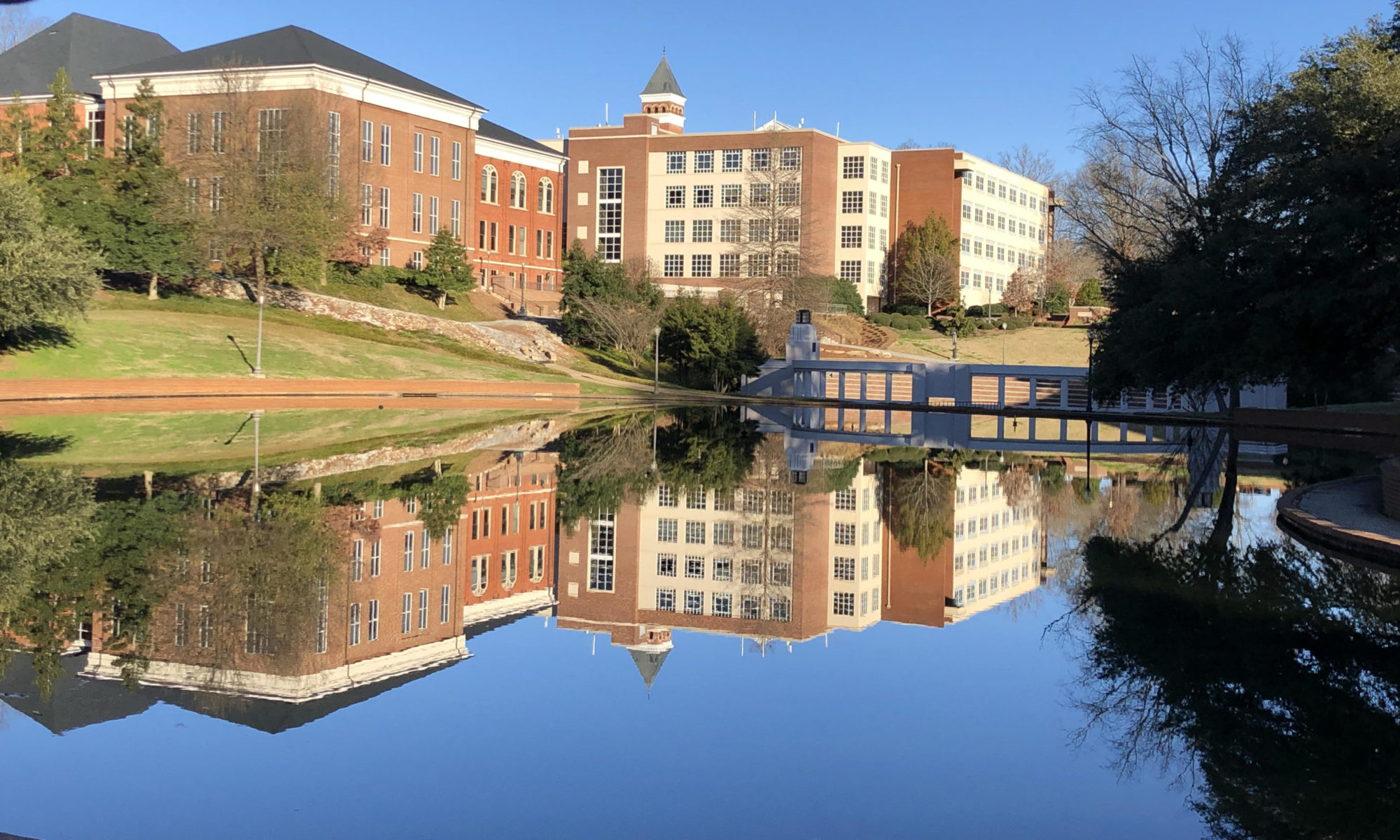Short Course Instructors

Travis O’Brien, Indiana University Bloomington
Dr. O’Brien is an assistant professor of Earth and Atmospheric Sciences at Indiana University Bloomington. He specializes in utilizing a combination of numerical models, novel data analysis techniques, and fundamental theory to form and test hypotheses about what controls the physical characteristics and occurrence of weather patterns: from fog to extremes.
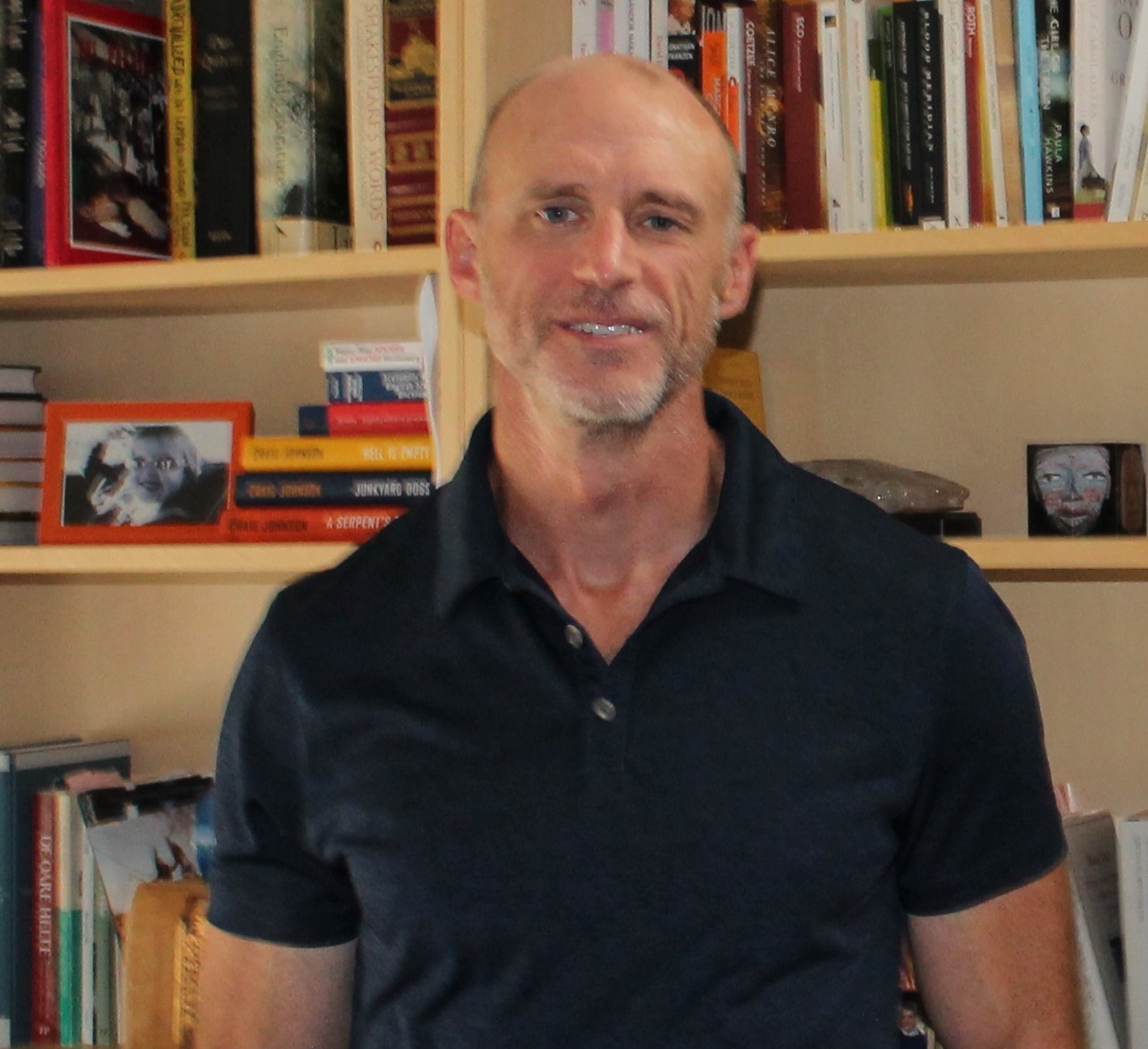
Eric Gilleland, National Center for Atmospheric Research
Dr. Gilleland is a Project Scientist in NCAR's Research Applications Laboratory. His main research interests are spatial statistics, forecast verification methods and extreme value analysis.
Speakers/Discussants

Francis Zwiers, University of Victoria
Dr. Zwiers is director of the Pacific Climate Impacts Consortium at the University of Victoria. His former roles include chief of the Canadian Centre for Climate Modelling and Analysis and director of the Climate Research Division, both at Environment and Climate Change Canada. As a research scientist, his expertise is in the application of statistical methods to the analysis of observed and simulated climate variability and change.
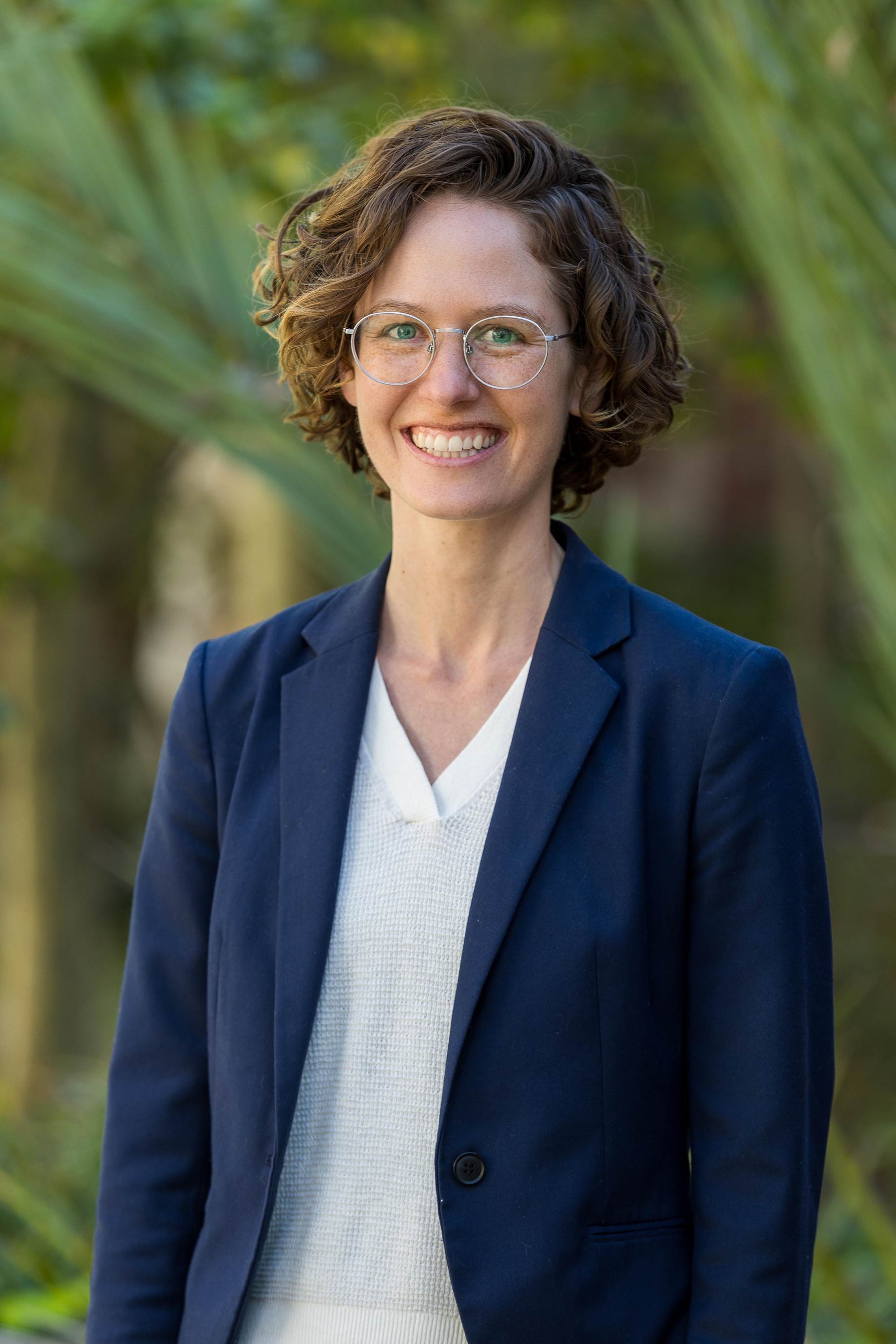
Karen McKinnon, University of California, Los Angeles
Dr. McKinnon is an Assistant Professor of Statistics and the Environment at University of California, Los Angeles. Her research focuses on quantifying, modeling, and understanding climate variability and change using data-driven physical and statistical models. Her research interests include the continuum of climate variability, extreme weather events, land-atmosphere interactions, and the origin and implications of internal variability within the climate system.

Michael Wehner, Lawrence Berkeley National Laboratory
Dr. Wehner is a senior staff scientist in the Computational Research Division at the Lawrence Berkeley National Laboratory. Dr. Wehner’s current research concerns the behavior of extreme weather events in a changing climate, especially heat waves, intense precipitation, drought and tropical cyclones.

Kenneth Kunkel, North Carolina State University
Dr. Kunkel is Research Professor of Atmospheric Sciences at North Carolina State University and Lead Scientist for Assessments with the North Carolina Institute for Climate Studies. Dr. Kunkel’s research has focused on historical climate variability and trends and on potential future change, particularly related to extreme events, such as heavy precipitation, heat waves, cold waves, and winter storms.
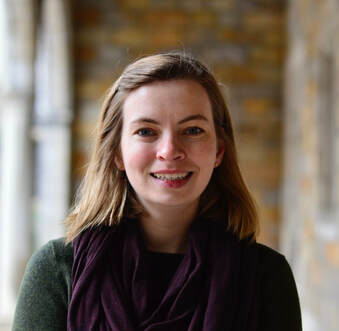
Emily Hector, North Carolina State University
Dr. Hector is an Assistant Professor in the Department of Statistics at North Carolina State University. Her research interests include data integration, especially of correlated, heterogeneous, high-dimensional data; estimating equations and the generalized method of moments; methods that leverage recent computing and algorithmic developments, with a focus on divide-and-conquer, distributed estimation and inference, and parallel computing.

Richard Smith, University of North Carolina, Chapel Hill
Dr. Smith is Mark L. Reed III Distinguished Professor of Statistics and Professor of Biostatistics in the University of North Carolina, Chapel Hill. His main research interest is environmental statistics and associated areas of methodological research such as spatial statistics, time series analysis and extreme value theory. He is particularly interested in statistical aspects of climate change research, and in air pollution including its health effects.
Alexis Hoffman, Jupiter Intelligence
Dr. Alexis Hoffman is a principal data scientist and manager of the data science team at Jupiter Intelligence. In addition to managing the company’s primary product, she is also the science lead on a number of R&D efforts, and has been heavily involved in developing Jupiter’s internal extremes software infrastructure.

Ben Shaby, Colorado State University
Dr. Shaby is an Associate Professor in the Statistics Department at Colorado State. Dr. Shaby's research interests include extreme values, spatial statistics, Bayesian modeling, Bayesian computation, and geophysical applications.

Michael Stein, Rutgers University
Dr. Stein. is a Distinguished Professor at Rutgers University. Most of Stein's research has been in the area of spatial statistics and its applications to environmental sciences and astrophysics. His current research focuses on statistical models and methods for natural processes in space-time and the computational challenges that arise in studying such problems.
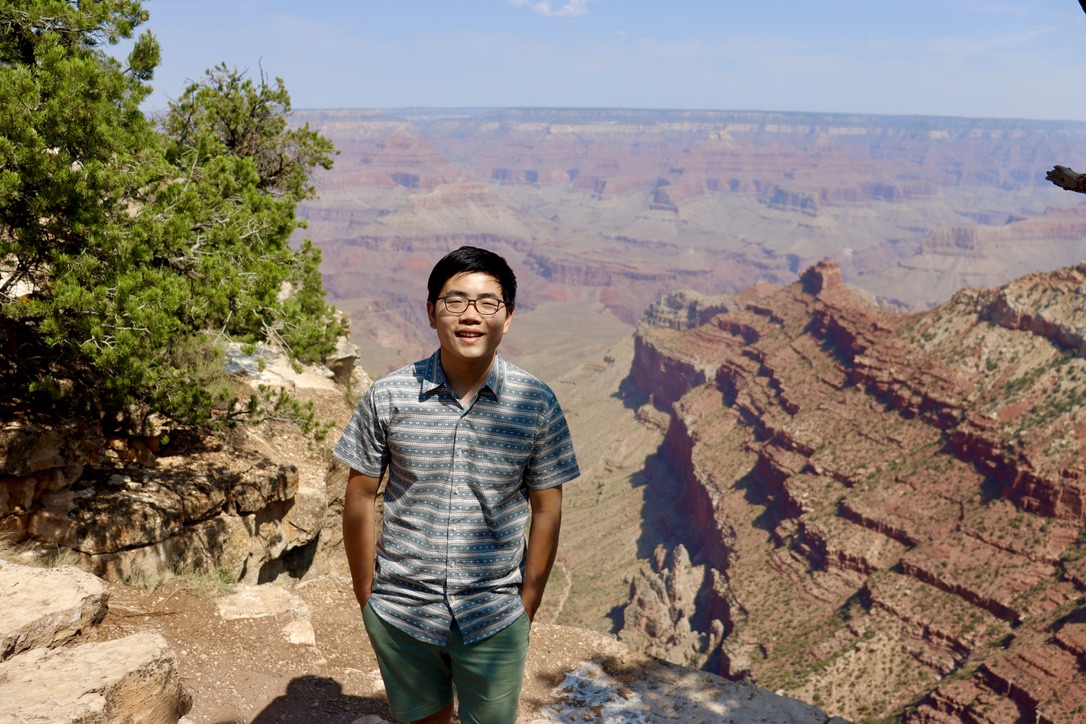
Likun Zhang, University of Missouri
Dr. Zhang is currently an assistant professor in the Department of Statistics at the University of Missouri. His research focuses on extreme value theory and flexible spatial extremes modeling, which has been used to study a variety of weather processes and to detect changes in their long-term climatology.

Robert Lund, University of California - Santa Cruz
Dr. Lund is a Professor and Chair of the Statistics Department at The University of California — Santa Cruz. His research expertise lies in time series, statistical climatology, and stochastic processes.
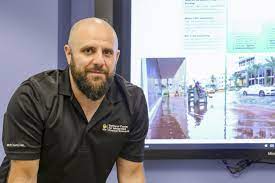
Thomas Wahl, University of Central Florida
Dr. Wahl is an Associate Professor for Coastal Risks and Engineering at the University of Central Florida. He studies changes in coastal sea levels (mean and extreme), ocean waves, and freshwater flows and the associated impacts to support the development of sustainable and resilient adaptation strategies.
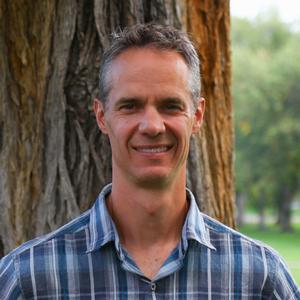
Dan Cooley, Colorado State University
Dr. Cooley is a professor in the statistics department at Colorado State University. His research is primarily in the area of extreme value analysis, particularly in describing and modeling tail dependence. Much of his work is motivated by problems describing risk from extreme weather events, and He has collaborated with scientists from the National Center for Atmospheric Research and Lawrence Berkeley National Labs.
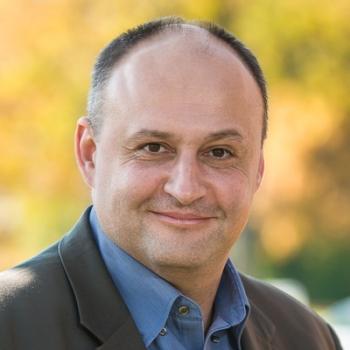
Mihai Anitescu, Argonne National Laboratory
Dr. Mihai Anitescu has been a computational mathematician in the Mathematics and Computer Science Division at Argonne National Laboratory since 2002 and a part-time professor in the Department of Statistics at the University of Chicago since 2009. His research interests include Numerical optimization, Uncertainty quantification, Numerical analysis, Computational mathematics and its applications.
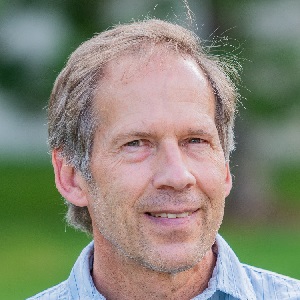
Doug Nychka, Colorado School of Mines
Dr. Nychka is a Professor at Colorado School of Mines. Nychka’s research areas include statistical methods and mathematical theory for curve and surface fitting and a broad interest in data analysis for the geosciences.

Gabriele Villarini, University of Iowa
Dr. Villarini is a Professor in the Department of Civil and Environmental Engineering at the University of Iowa. His research interests focus broadly on flood hydrology, extreme events, hydroclimatology, and climate predictions and projections.
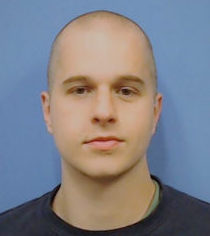
Mitchell Krock, Argonne National Laboratory
Dr. Krock is currently a postdoctoral researcher in the Mathematics and Computer Science Division at Argonne National Laboratory. His research interests include spatial statistics, extreme value theory, and machine learning.
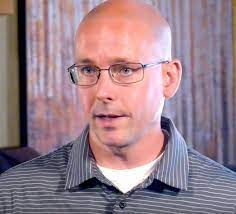
Ryan Sriver, University of Ilinois at Urbana-Champaign
Dr. Sriver is an associate professor of atmospheric sciences at the University of Ilinois at Urbana-Champaign. His research interests include: Climate Dynamics, Earth System Modeling, Ocean-Atmosphere Interactions, Uncertainty and Risk, Weather and Climate Extremes, Tropical Cyclones, Sea-Level Rise, Seasonal Prediction, and Multi-Sector Dynamics.

William Pringle, Argonne National Laboratory
Dr. Pringle is a Geophysical Scientist in the Environmental Science Division at Argonne National Laboratory. His research focuses on modeling storm tides and analyzing the impact of more frequent extreme weather events on coastal sea levels. Dr. Pringle is an integral member of Argonne's Climate Modeling team, where he contributes his expertise in physical and coastal oceanography to enhance modeling capabilities and provide expertise in coastal climate science.
